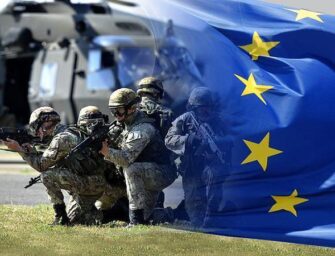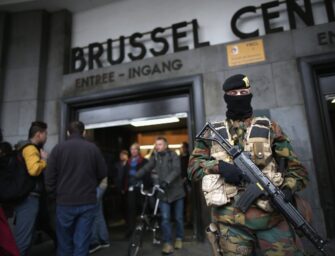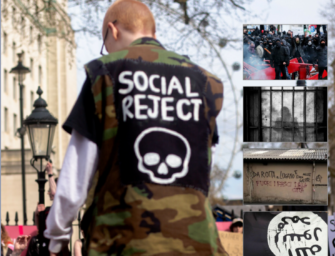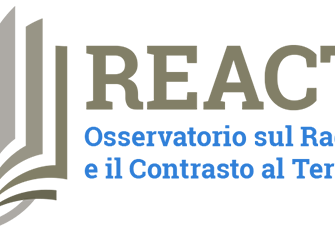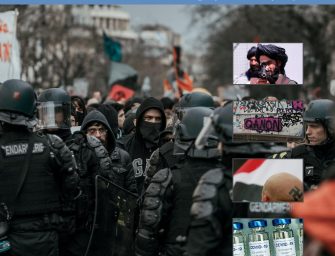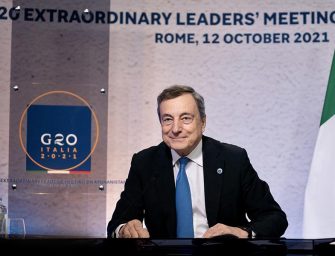Featured Cover Posts
by Melissa de Teffé in the United States Master in Diplomacy from ISPI, expert on U.S. politics, accredited at the..
In March 2025, President Donald Trump invoked the Alien Enemies Act to expedite the deportation of Venezuelan migrants suspected of gang affiliations, specifically targeting the Tren de Aragua gang. This marked an unprecedented peacetime application of the act, as the United States is not officially at war with Venezuela. While not able to stop the beginning of the deportations, a federal judge issued a fourteen-day restraining order, opening to legal debates about the scope and applicability of the act in contemporary contexts.
by Claudio Bertolotti. The statement released following the telephone conversation was coordinated and aligned, practically identical. From the shared acknowledgment..
Latest Galleries
Latest Articles
By Andrea Molle, Associate Professor, Chapman University AbstractMilitant accelerationism is defined by the Accelerationism Research Consortium as a set of..
DOWNLOAD #REACT2024 FOR FREE HERE OR PLACE AN ORDER ON AMAZON FOR A PRINTED COPY Introduction by Claudio Bertolotti, Executive..
by Claudio Bertolotti. Article from the original book: C. Bertolotti,Gaza Underground: la guerra sotterranea e urbana tra Israele e Hamas...
by Claudio Bertolotti Excerpted from the book by C. Bertolotti (2024), Gaza Underground: The Underground and Urban Warfare between Israel..
The European network for prevention practices and Italy: an assessment between lights and shadows by Luca Guglielminetti, RAN Ambassador for..
by Claudio Bertolotti Teheran has carried out the retaliation announced for the attack it suffered on April 1st, when its..
by Claudio Bertolotti. The so-called Islamic State, reigniting fears in Europe after the attack in Moscow, has threatened to launch..
From La Presse, interview by Luca La Mantia. Go to the Press Release on La Presse. Listen to Claudio Bertolotti’s..



























